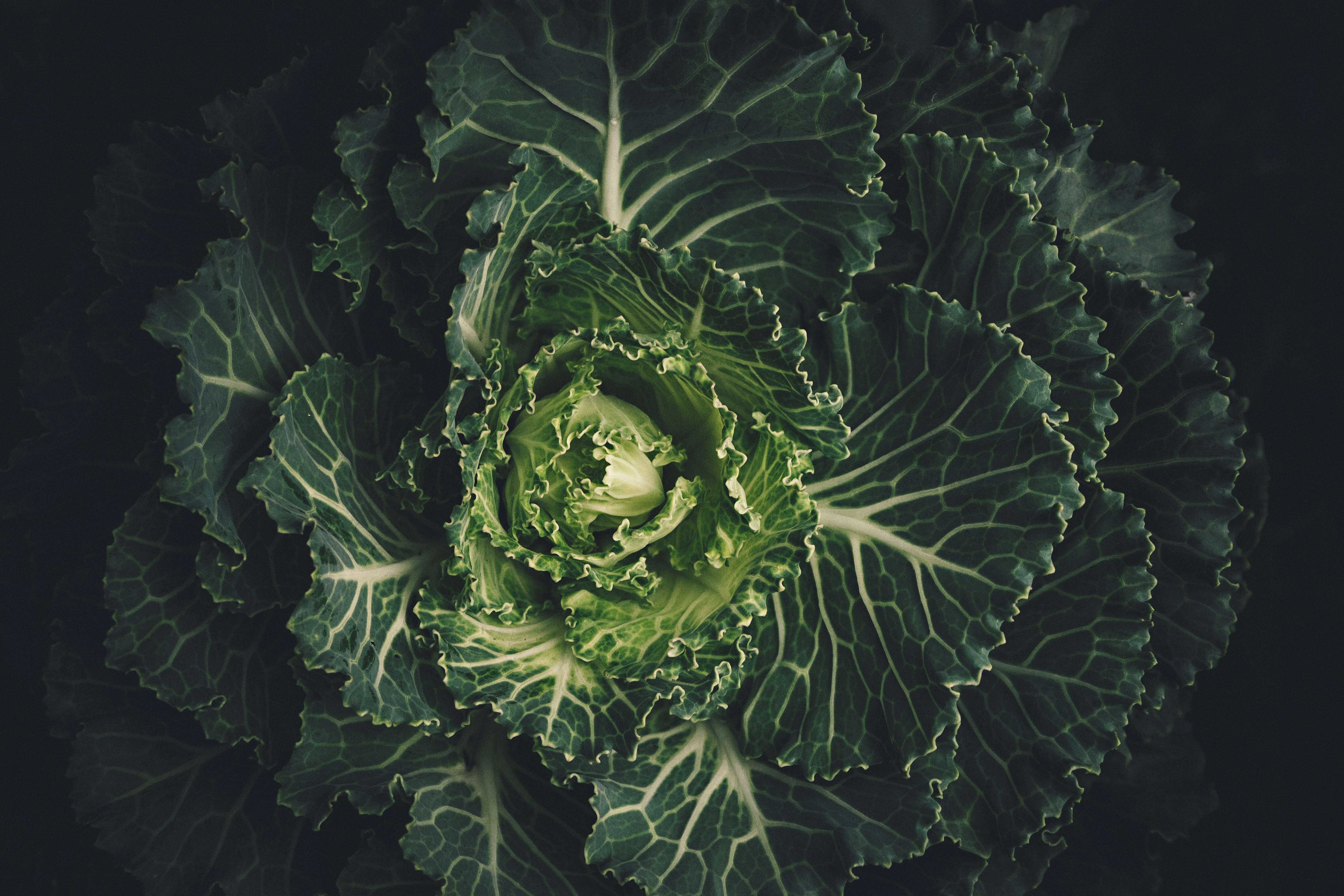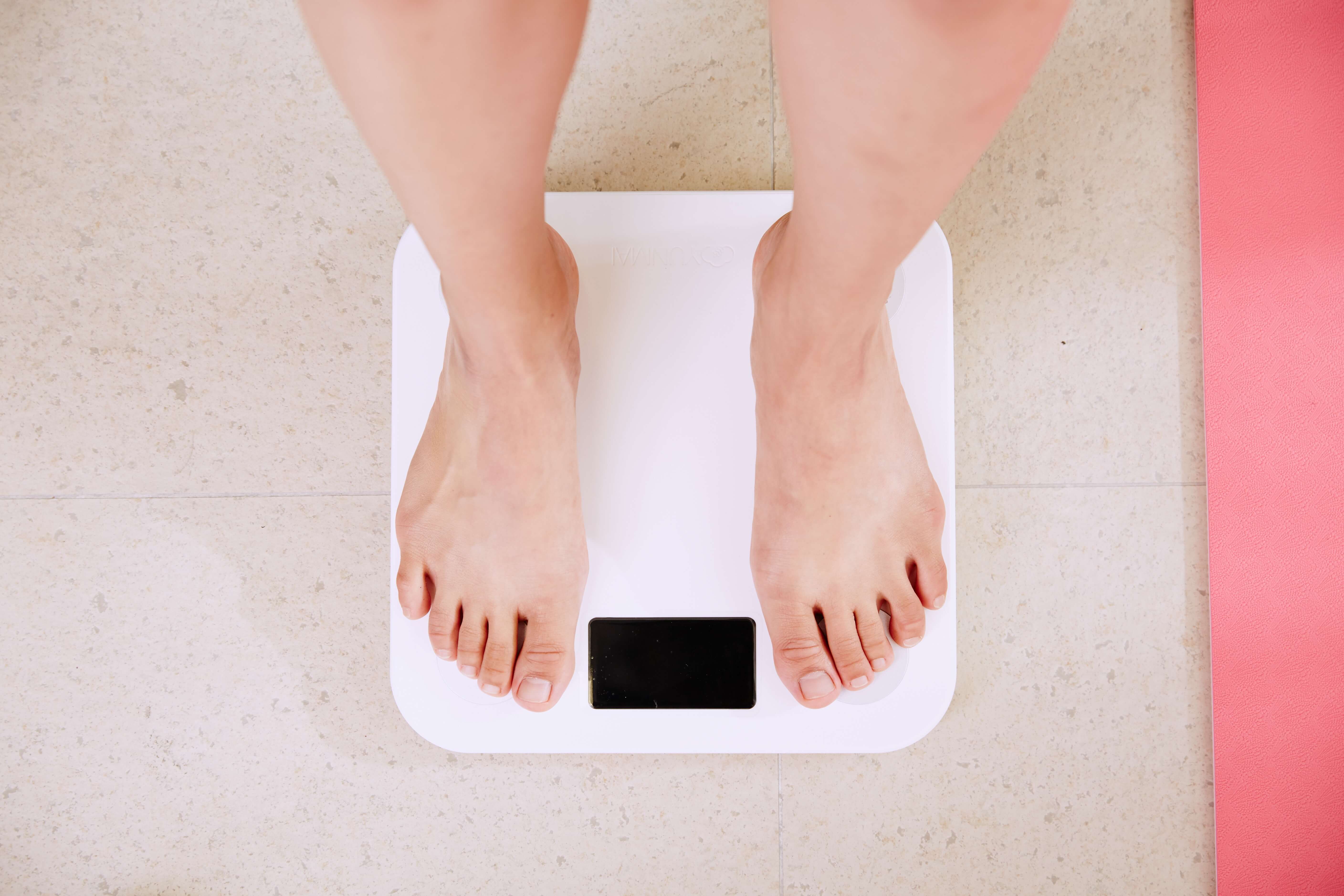10 Foods for Fighting Menopause Symptoms
If you’re currently among the millions of women undergoing the change, you might be wondering how you can fight back against the most common menopause symptoms.
Today, we’ll look at how you can hold your ground with some simple changes to your diet. As the saying goes, “You are what you eat.”

First, we’ll look briefly at four of the central issues that crop up for menopausal women…
The Most Common Symptoms Experienced
- Hot Flashes: Fully 75% of menopausal women experience frustrating fluctuations in internal temperature. Occurring due to a lowering in the levels of estrogen in the body, hot flashes usually disappear after a couple years. (1)
- Weight Gain: Whether it’s due to the natural aging process or a direct result of the change, weight gain is frequently experienced during the menopause.
- Fatigue: Feeling tired is not uncommon if you’re putting on a few pounds, exercising less and becoming stressed with all these changes taking place.
- Mental Health Issues: Mood swings and even depression can negatively impact your life during menopause. (2)
Why Diet Can Impact Symptoms

While there’s no magic bullet to eliminate menopausal symptoms, eating a diet rich in natural, unprocessed foods can work wonders for your overall health.
Eating sensibly can combat bothersome weight gain while a generally healthy eating regime can also help your mood and make you feel more energized.
To generalize, double down on these areas:
- Water
- Protein
- Fiber
Equally important is what you shouldn’t eat when experiencing the change. Refined carbs and unhealthy fats are your worst enemy when you’re menopausal.
We’ll look now at ten foods for fighting menopause symptoms…

- Water: Even mild dehydration affects healthy younger women so when you’re menopausal, it’s doubly important to stay hydrated. Drinking plenty of water can boost mood and lessen fatigue. (3)
- Eggs: High in protein and packed with vitamins B and D, eggs are also iron-rich. Eggs are great for overall bone health. (4)
- Soy Milk: Containing phytoestrogens, soy milk can reduce the severity of hot flashes. (5)
- Whole Grains: Brown rice and oatmeal are fiber-dense foods that can help digestion, relieve the symptoms of hot flashes and help to regulate blood sugar levels.
- Almonds: While you need to reduce your intake of low-quality fats, the healthy fats found in abundance in almonds can help to work against drying skin caused by dipping estrogen levels. The magnesium in almonds can protect you to some extent against cardiovascular disease. (6)
- Walnuts: Walnuts have plenty of Omega-3 fatty acids which can have a positive effect on vasomotor symptoms leading to hot flashes. (7)
- Dark and Leafy Greens: From spinach and kale through to arugula and collard greens, eating several portions of these superfoods laced with vitamins and minerals is a smart move during the change.
- Oily Fish: Try to eat oily fish several times a week. Salmon, tuna and mackerel are great choices. Filled with protein, oily fish also packs a healthy dose of Omega-3s.
- Chicken: Another protein powerhouse, chicken also contains vitamin B3 and tryptophan which can help improve your overall mood. (8)
- Yogurt: Low-fat yogurt gives you a nice quantity of calcium essential for bone health while also regulating hot flashes by cleansing estrogen from your liver. (9)
OK…
Now you have an overview of what you should eat, it’s also important to know which food and drink you should avoid to reduce your menopause symptoms.

- Sugar: Eating too much sugar in your diet can cause your insulin levels to go haywire worsening hot flashes. Check out our article on cutting sugar from your diet for some handy hints. (10)
- Spicy Foods: As you’d expect, spicy foods can aggravate hot flashes by increasing your core body temperature. (11)
- Fatty Meats: Since weight gain is a common menopause symptom, it makes sense to cut down on the amount of fatty meats you consume. Try eating more chicken instead and aim to keep fat to no more than 20% of your menopausal diet if possible.
- Alcohol: While it’s fine in moderation, excessive alcohol consumption worsens your mood while also leading to fatigue and more problems than ever sleeping. The odd glass of red wine can be beneficial, so maybe that’s your best policy.
- Caffeine: Studies have shown a close link between caffeine consumption and a heightened incidence of hot flashes. Too much coffee can also play havoc with your sleep patterns so dial it right back when you’re undergoing the change. (12)
References
- https://www.ncbi.nlm.nih.gov/pubmed/7078891
- https://www.everydayhealth.com/hs/guide-to-managing-menopause/emotional-symptoms/
- https://www.ncbi.nlm.nih.gov/pubmed/22190027
- https://www.bones.nih.gov/health-info/bone/bone-health/bone-health-life-health-information-basics-you-and-your-family
- https://www.ncbi.nlm.nih.gov/pmc/articles/PMC2981010/
- https://www.ncbi.nlm.nih.gov/pubmed/18196987
- https://www.ncbi.nlm.nih.gov/pmc/articles/PMC4072122/
- 8.https://www.ncbi.nlm.nih.gov/pmc/articles/PMC4728667/
- https://www.ncbi.nlm.nih.gov/pmc/articles/PMC2621390/
- https://gethealthyu.com/ingredient-making-your-menopause-symptoms-worse/
- https://www.everydayhealth.com/menopause-pictures/how-diet-can-cause-and-improve-symptoms-of-menopause.aspx#07
- https://www.ncbi.nlm.nih.gov/pubmed/25051286



